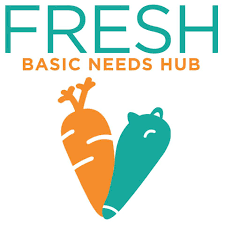Philosophy of Religions
PHILOS/REL ST 21
Spring 2020
ZOOM CLASS TIME: Mon/Wed 4:00-5:20pm LINK: https://uci.zoom.us/j/413794344
ZOOM DISCUSSION SECTIONS
Section 1: 1-1:50pm: https://uci.zoom.us/j/364988789
Section 2: 2-2:50pm: https://uci.zoom.us/j/421681287
Professor: Brianne Donaldson — [email protected]
Graduate Teaching Assistant: Joost Ziff — [email protected]
Graduate Teaching Assistant: Joost Ziff — [email protected]




